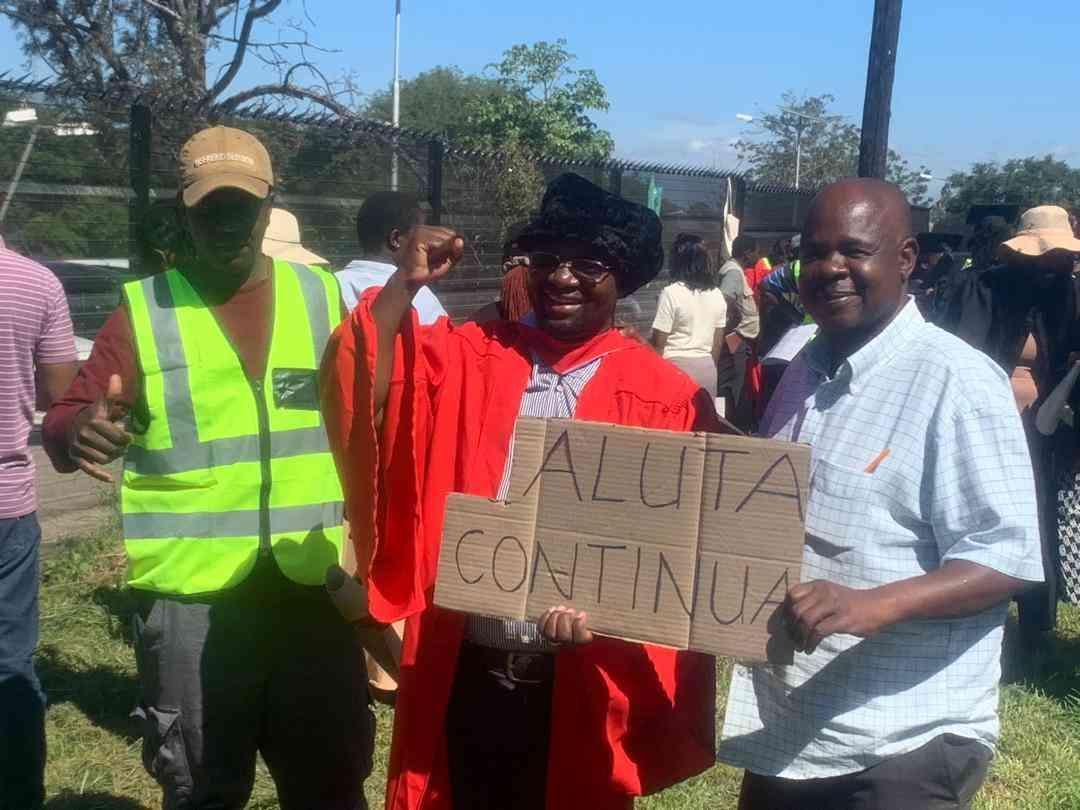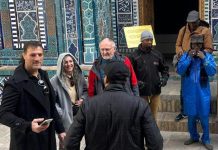Africa-Press – Zimbabwe. BORN in 1812 and dead in 1870, English novelist, journalist, short story writer and social critic Charles John Huffam Dickens created some of literature’s best-known fictional characters.
Some even regard him as the greatest novelist of the Victorian era.
One such fictional character is Oliver Twist, from the book Oliver Twist.
The story follows the titular orphan, who after being raised in a workhouse, escapes to London where he meets a gang of juvenile pickpockets led by the elderly criminal Fagin, discovers the secrets of his parentage, and reconnects with his remaining family.
Oliver Twist unromantically portrays the sordid lives of criminals and exposes the cruel treatment of the many orphans in England in the mid-19th century.
In an early example of the social novel, Dickens satirised child labour, domestic violence, the recruitment of children as criminals and the presence of street children.
Oliver was born into a life of poverty and misfortune, raised in a workhouse in a town some 70 miles (about 110km) from London.
The children working there received very little food; after six months, they drew lots, with the loser asking for another portion of gruel.
Oliver was designated, and so he approached the master of the workhouse, basin and spoon in hand, and said: “Please, sir, I want some more”.
A great uproar ensued at this perceived act of rebellion.
He was removed from the workhouse and put in solitary confinement; he was flogged every day by the beadle, Mr Bumble, of which three times a week in front of the other boys.
The story of Oliver, though the setting and timing are different, is well reflected in what is happening in Zimbabwe.
In present-day Zimbabwe, labourers are arrested and sent to prison for asking the system to improve their salaries and their working conditions.
Today, University of Zimbabwe lecturers are fighting the admission of guilt fines they paid after being arrested for protesting against poor salaries and working conditions.
Just like Oliver, who felt his tummy was not yet full, the lecturers protested against the measly salaries and working conditions.
And just like Oliver, whose actions were perceived an act of rebellion, removed from the workhouse and put in solitary confinement, where he was flogged every day, the lecturers were arrested.
They were lucky that dogs were not set upon them, that they were not bludgeoned with batons and tear-smoked or sprayed with canons.
Unfortunately, the system has many Jack Dawkins, in the book going by the moniker the Artful Dodger.
In the book, Artful Dodger offers Oliver food and lodging and takes him to meet an infamous criminal known as Fagin, who trains orphan boys as pickpockets.
Oliver innocently begins Fagin’s training, but when he goes out with the Dodger and another boy and sees them stealing a handkerchief from an old gentleman named Mr Brownlow, he realises the truth.
How sad that in Zimbabwe, there are innocent poor citizens who have met the Artful Dodgers of today, been offered trinkets and have accepted them, only to realise later on the truth.
It is sad that the Fagin of today will never be arrested in this beautiful nation of Zimbabwe.
They will never face their day in court.
Instead, we, the masses, who are asking for more, just like Oliver, will be perceived as rebellious, removed from the workhouse and put in solitary confinement; where we are flogged every day.
For More News And Analysis About Zimbabwe Follow Africa-Press






